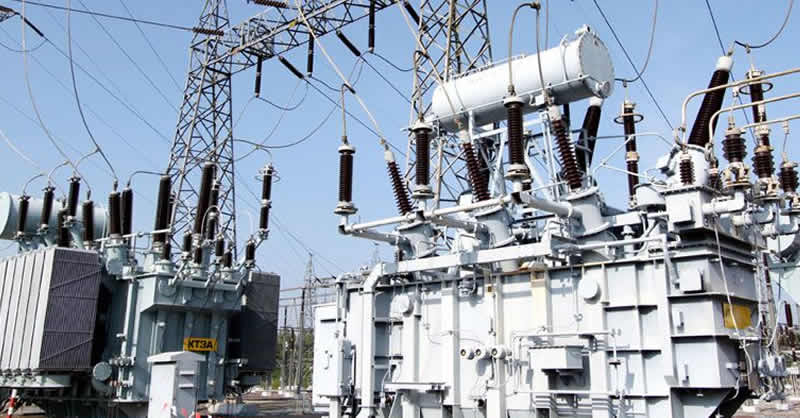In a recent revelation, the Nigerian government has acknowledged a significant capital deficit in the nation’s electricity companies, amounting to approximately N2 trillion or $2.5 billion. This shortfall is hindering efforts to enhance power supply for the country’s 200 million residents. Bloomberg’s report highlights the dire need for new investors to rejuvenate an industry that struggles to provide consistent electricity, leaving many Nigerians reliant on personal generators for power.
The Special Adviser to President Bola Tinubu on Energy, Olu Verheijen, pointed out that the electricity companies are over-leveraged and under-capitalized, which restricts their ability to invest in improving electricity distribution to households. The challenges of inadequate pricing, inconsistent revenue collection, and an outdated national grid have resulted in most residents generating their power, contributing to noise pollution in densely populated areas.
For instance, Lagos, Nigeria’s bustling commercial hub, receives a mere 1,000 megawatts from the grid, serving a population of 25 million. In stark contrast, Shanghai, with a similar population size, provides over 30,000 megawatts at peak demand. Verheijen emphasizes the urgency for policies that support reorganization and recapitalization, alongside attracting new partners with fresh capital to the sector.
President Tinubu pledged to improve the electricity supply as part of his New Year’s commitment. Following this, the Minister of Power, Adebayo Adelabu, announced that a new roadmap for the sector is ready, focusing on enhancing distribution and transmission infrastructure to reduce losses. Despite the challenges, the government remains committed to subsidizing power for the vulnerable segments of society.
The recapitalization plans are expected to introduce cost-reflective tariffs, which will enhance the liquidity and viability of the power sector. However, the Nigerian Electricity Regulatory Commission (NERC), a government-controlled body, currently sets tariffs that do not allow power firms to recover the full cost of electricity distribution, leading to government subsidies.
The weakening naira and rising inflation may increase energy subsidies to N1.6 trillion this year, up from 600 billion naira in 2023. With the government’s limited fiscal capacity, addressing the financial and liquidity challenges in the sector is becoming increasingly critical.
Nigeria’s installed capacity for electricity generation stands at 13,000 megawatts, but only 4,000 megawatts are distributed to homes and businesses. In comparison, South Africa, with a third of Nigeria’s population, has 52,000 megawatts of capacity, despite facing its challenges with power cuts and an indebted state-owned utility.
The Nigerian government’s efforts to improve the power sector are crucial for the nation’s economic growth and the well-being of its citizens. With a comprehensive implementation plan in place, there is hope for a brighter future where consistent and reliable electricity becomes a reality for all Nigerians.
Source: This Day Live



